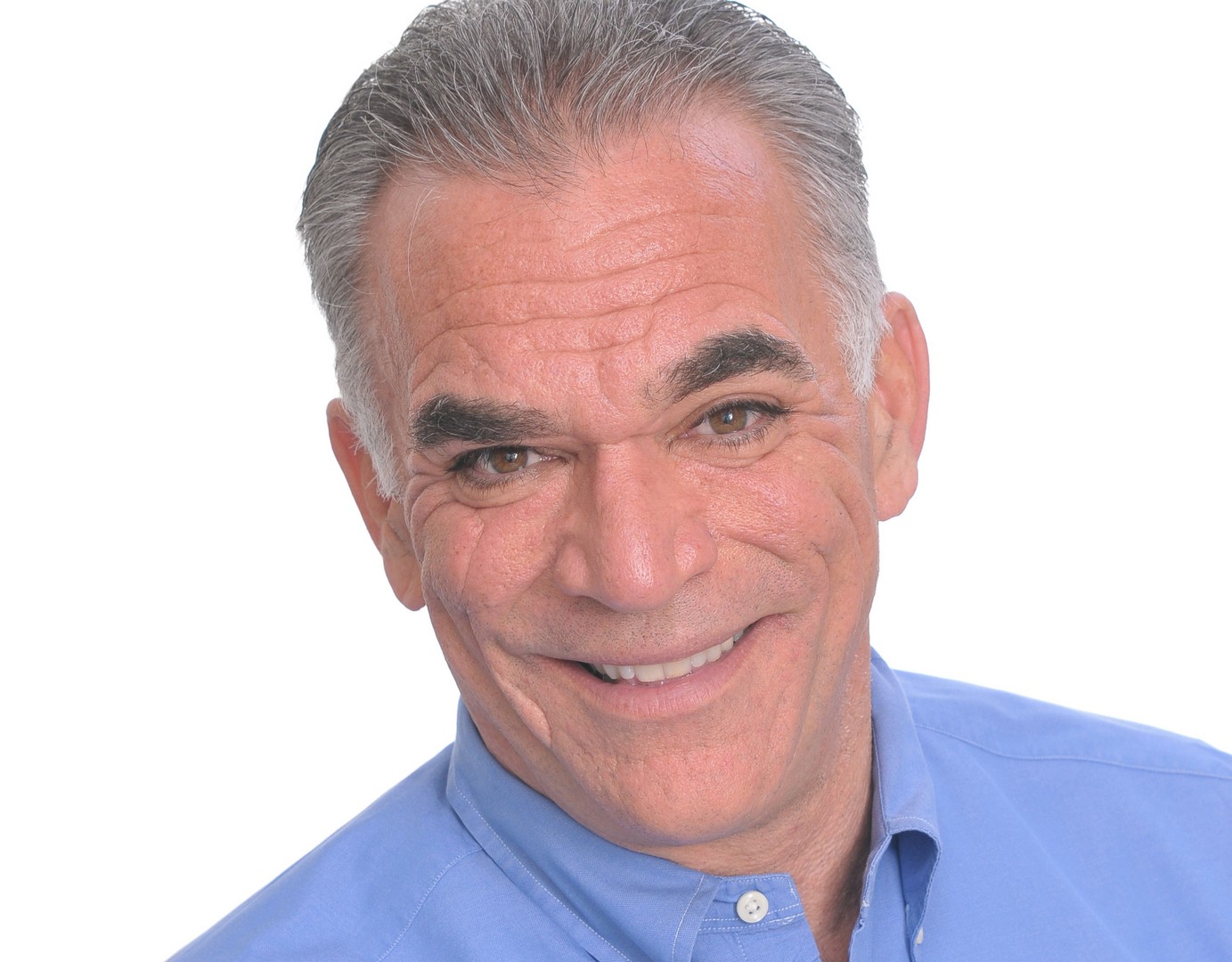Dwyane Wade’s retirement celebration was powerful. He is such a compelling athlete, teammate, husband, father—a leader who makes an impact in the community.
Pro sports can seem so cookie-cutter and impersonal. Contracts, endorsements, collective bargaining.
Business often is seen as less and less personal these days. Social media, artificial intelligence, chatbots and the like make our business interactions increasingly digital and decreasingly human. But businesses are built and run by people, serving people, and the “people stuff” matters more than ever.
Some of the things that made us successful in the past still matter. They still work. As Wade demonstrated, people need to want to work with you—as your team or as your customer/fan. It’s emotional. Purpose and passion motivate better performance by every measure—more than pay, more than title, more than anything.
When we talk about customer loyalty, the data shows it’s disproportionately because the customer experience is distinctive and positive. Not price. Not even quality of product. Experience is emotional. Caring is emotional intelligence in action.
Years ago, author and organizational consultant Meg Wheatley crafted a model for organizational success that is simple and compelling:
We care for ourselves.
We care about each other.
We care about “this place.”
All of these need to be in balance.
When we talk about caring for ourselves, self-care matters. If we are not happy and healthy, we won’t produce, manage or lead effectively. And if we are overly self-caring, we become selfish and perhaps narcissistic as a leader. Our job is to care for ourselves for ourselves, and to set an example. Wade did that. He changed his diet. He changed his discipline. He got his life in order. It made him the man he is today.
Great teams, like the Heat, care about each other as people. They know the joys and rewards that matter to their teammates, as well as their fears, pains and doubts. They know strengths and weaknesses, and they play as purposeful and passionately successful teams.
Look around your business. Are there signs of caring for the place? Do people care about your mission? How passionately involved are they?
How well do you care for yourself?
How well do your people care about each other?
How clearly does your organization care about “this place?”
Stephen Garber is director of Third Level Ltd. Contact him at 561.752.5505 or [email protected].














